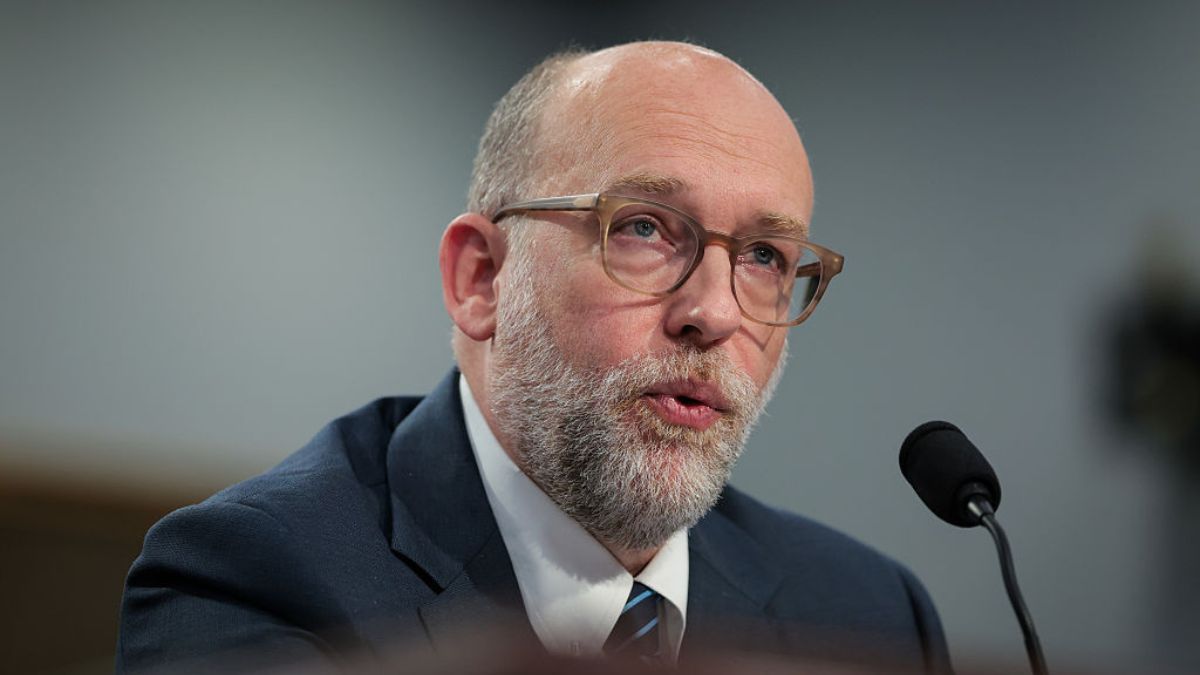
Despite Elon Musk’s departure from the Department of Government Efficiency (DOGE), the organization continues to maintain significant influence across federal agencies. The executive order that established DOGE created two entities: the United States DOGE Service, which transformed the former U.S. Digital Service, and the U.S. DOGE Service Temporary Organization, set to expire on July 4, 2026.
While Musk’s exit has affected DOGE’s status within the Trump administration, with some employees concerned about becoming collateral damage in the Trump-Musk feud, a wave of resignations within DOGE soon followed. Several of Musk’s key lieutenants have transitioned from special government employees to full-time positions within the General Services Administration.
According to MSNBC, Office of Management and Budget Director Russell Vought, who reportedly helped shape Musk’s thinking about DOGE after last year’s election, recently told lawmakers that he envisions DOGE team members embedded across the government, acting “almost as in-house consultants as a part of the agency’s leadership.” This statement reveals the administration’s intention to maintain DOGE’s influence throughout federal agencies.
Budget expansion signals DOGE’s growing influence
The White House’s recent budget request to Congress calls for more than doubling DOGE’s total funding to $45 million next year. This significant increase, drafted under Vought’s leadership, demonstrates the administration’s commitment to expanding DOGE’s reach and capabilities.
DOGE is currently on a hiring spree for tech workers, particularly significant given the project’s access to typically restricted government databases containing Americans’ personal information, such as those held by the Social Security Administration. The organization’s push to automate governmental functions aligns with its goal of reducing the federal workforce, despite early AI tools showing numerous errors.
Vought, described as the likely architect of DOGE’s most severe staffing cuts, has consistently argued that the president can make such cuts independently of Congress. A senior government employee quoted in Politico highlighted Vought’s influence, stating that “It wasn’t actually Musk holding a chainsaw. Musk was a chainsaw in Russ Vought’s hands.”
With Vought’s decades of experience in federal bureaucracy and his understanding of governmental weak points, DOGE is positioned to remain a powerful tool for White House oversight of various departments and agencies, even sparking clashes within federal offices like the Bureau of Land Management. This consolidation of executive authority, however, may paradoxically lead to the elimination of safeguards against the very inefficiency DOGE was created to address.
